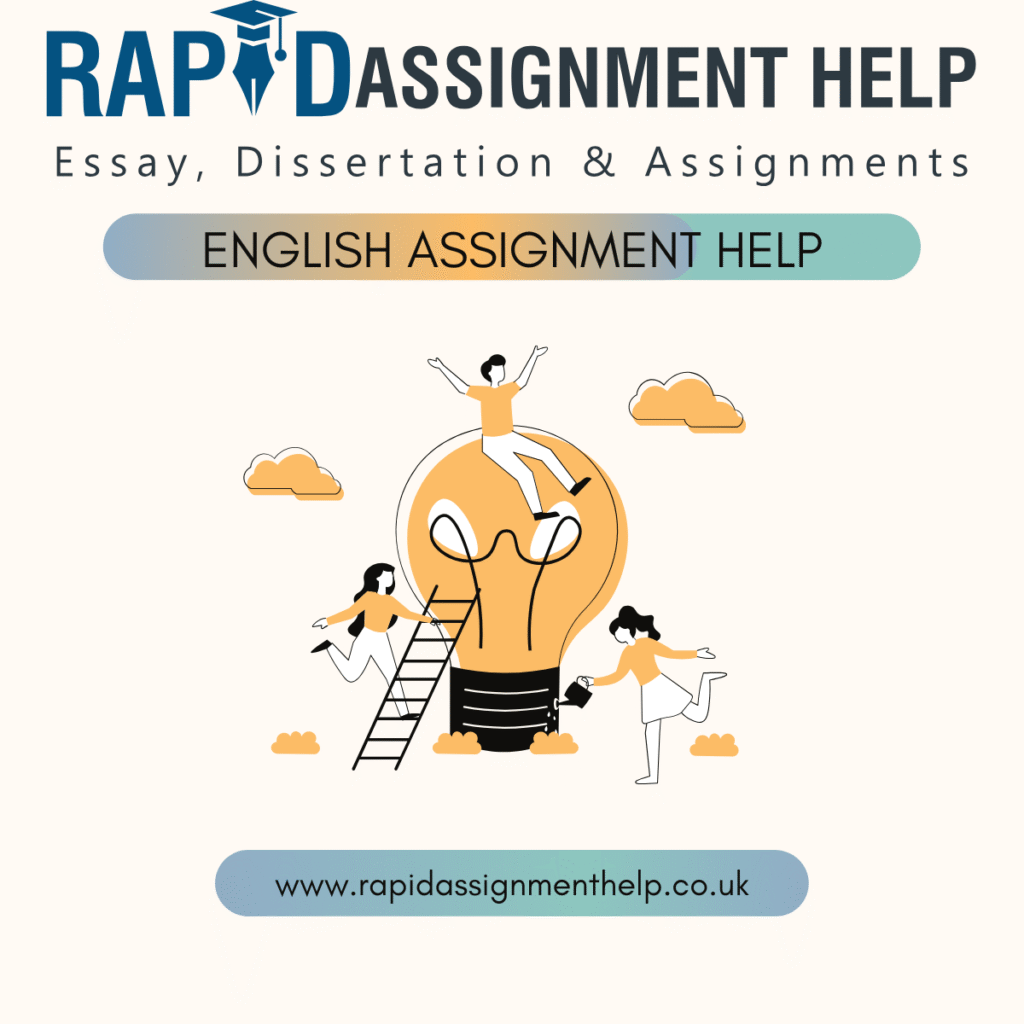Understanding Digital Texts and Online Narratives
Digital literacy in English studies now encompasses:
-
Blogs and Vlogs: Personal narrative forms where tone, audience engagement, and structure differ from traditional essays.
-
Hypertext Fiction: Interactive texts where readers click through narrative branches, affecting structure and reader agency.
-
Social Media Discourse: Analytical exploration of language in platforms like Twitter, Reddit, or Instagram.
-
Multimodal Storytelling: Narratives combining images, text, audio, or video (e.g. interactive poetry or digital art).
-
Fan Culture & Remix Culture: Creative works that reinterpret original texts, often hosted online.
These formats require fresh analytical tools. Students must consider how digital affordances—like hyperlinks, multimedia elements, or reader interaction—influence meaning and narrative form.
Integrating Theory into Digital Analysis
When assignments include online narratives or digital texts, students often find themselves needing academic framing and clarity. For instance:
-
Applying narrative theory to hypertext—understanding how non-linear structures disrupt chronological storytelling.
-
Using media studies frameworks, such as remediation or participatory culture, to analyse creative fan interactions.
-
Interpreting social media discourse by referencing hashtags, memes, or digital rhetoric.
…interpreting online narratives and hypertext fiction often requires English assignment help to refine arguments and align them with critical discourse.
Why the Shift Matters in UK Modules
-
Reflecting Contemporary Reading Habits: Students consume literature digitally—through blogs, web fiction, e‑books, and social media—and curricula now mirror that reality.
-
Building Critical Digital Citizens: Analyzing online texts cultivates media literacy—understanding how platforms shape content and influence audiences.
-
Enhancing Interdisciplinarity: Coursework bridges literature, media studies, technology, and sociology—an advantage in transferable academic skills.
-
Encouraging Creativity: Assignments allow alternative formats—like creating digital stories or remixing texts—making evaluation more egalitarian and participatory.
Major Assignment Types and Guidance
A. Comparative Blog Analysis
Task: Compare two blogs—perhaps a traditional news blog vs. a personal travel blog—and critically assess tone, structure, audience engagement, and topical framing.
Points to Cover:
-
Tone and register
-
Organizational structure (e.g. narrative vs. informational)
-
Use of media (images, hyperlinks)
-
Reader interaction (comments, social sharing)
B. Hypertext Fiction Analysis
Task: Choose a piece of interactive fiction and examine how branching paths and hyperlink choices affect reader interpretation.
Points to Cover:
-
Narrative paths and closure possibilities
-
User agency and fragmentary storytelling
-
Theoretical framing: narratology in digital environments
C. Social Media Discourse Assignment
Task: Analyse a Twitter thread or Reddit discussion on a literary topic or author, interpreting language, hashtags, and rhetorical framing.
Points to Cover:
-
Interactive affordances (retweets, replies)
-
Tone and online persona
-
Cultural or political subtext
D. Multimodal Storytelling Project
Task: Create or analyse a mixed-media narrative (text, audio, visuals) and discuss how they interact to form meaning.
Points to Cover:
-
Relationship between text and image or sound
-
Presentation format
-
Cultural or theoretical interpretation
Common Student Challenges and Solutions
| Challenge | Strategy |
|---|---|
| Difficulty structuring essays | Outline essay flow early: intro, context, analysis, conclusion |
| Inaccurate citations of digital sources | Use consistent referencing style (APA, Harvard) for blogs, social media |
| Texts lacking academic context | Frame analysis with literary/theoretical frameworks |
| Technical terminology gap | Clarify terms like “hypertext,” “affordance,” “participatory culture” |
| Uncertainty about tone and form | Use peer review or tutoring to refine structure and academic voice |
Students sometimes need extra support to ensure their analysis is both insightful and academically sound. Many UK learners pair this analysis with general Assignment Help to address citation, academic tone, and essay structure concerns.
Tips to Excel in Digital Literature Assignments
-
Contextualise Early: Identify the digital genre and explain its affordances—e.g. comment sections in blogs or branching narratives in hypertext.
-
Analyse Form and Function: Show how the digital medium impacts meaning (e.g. reader choice in hypertext shifts tone).
-
Embed Theory: Draw on media studies, narratology, or digital humanities frameworks.
-
Use Real Examples: Reference relevant UK-based platforms or high-profile digital texts for authenticity.
-
Maintain Academic Rigor: Even when dealing with blogs or memes, maintain a structured argument with clear references.
Example Case Study
Prompt: Critique how a UK climate blog constructs urgency through rhetorical and structural choices.
Structure:
-
Introduction: Define blog form and thesis statement (e.g. how imagery, hyperlinks, and hashtags create emotional engagement).
-
Context: Provide background on blogger’s audience and purpose.
-
Analysis: Examine rhetorical tone, multimedia use, hyperlink usage, comments section.
-
Theoretical Lens: Use rhetorical or media studies theory to frame urgency strategies.
-
Conclusion: Reaffirm findings and reflect on broader implications for digital rhetoric in activism.
Why Students Use Support Services
Learning how to dissect varied digital formats within an academic framework can be overwhelming. Expert guidance helps sharpen analysis, reference precisely, and produce well-structured essays evaluated against UK standards.
If you feel uncertain about your arguments or essay flow, remember industry-standard Assignment Help can be invaluable for refining and polishing your work, ensuring it meets academic quality and linguistic accuracy.
Final Thoughts
Digital literacy in English modules is expanding the boundaries of literature studies. Students are no longer confined to print texts—now critical evaluation extends to blogs, interactive fiction, fan narratives, social media, and hybrid media.
These assignments demand flexibility, creativity, critical insight, and proper academic technique. Engaging with new form and context enriches literary analysis, but also poses structural and rhetorical challenges.
For UK students navigating this terrain, combining innovative thinking with sound academic practice is key. And whether you need stylistic polish or structural refinement, supporting your analysis with intelligent Assignment Help or targeted English assignment help can elevate your work to top grades.
Visit: https://guest-post.org












































